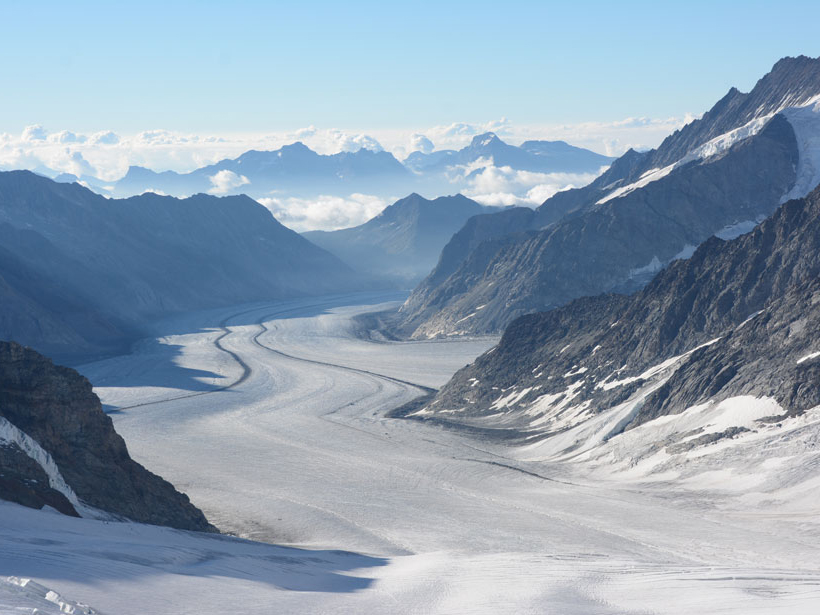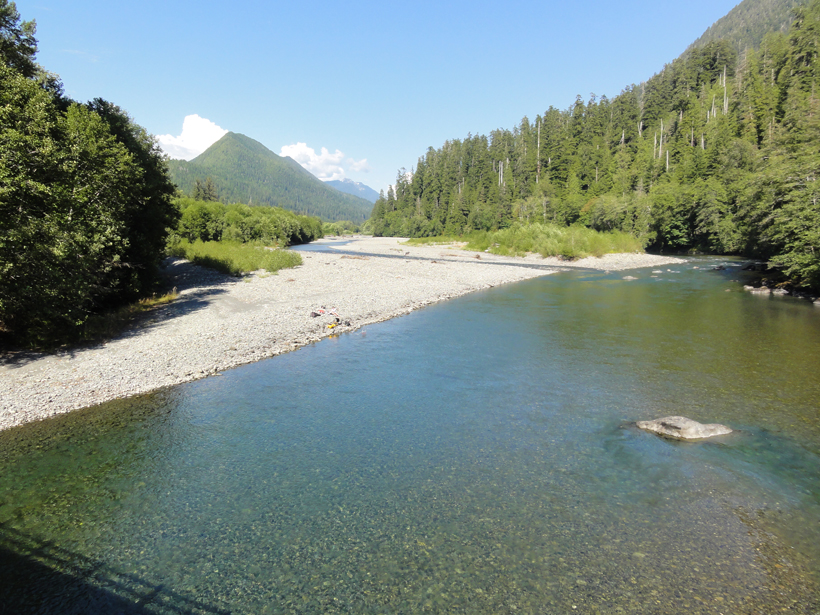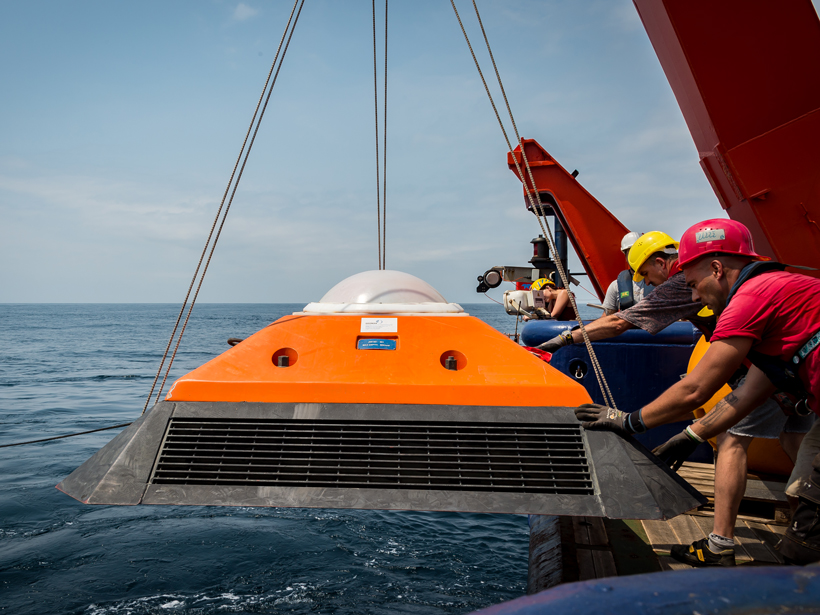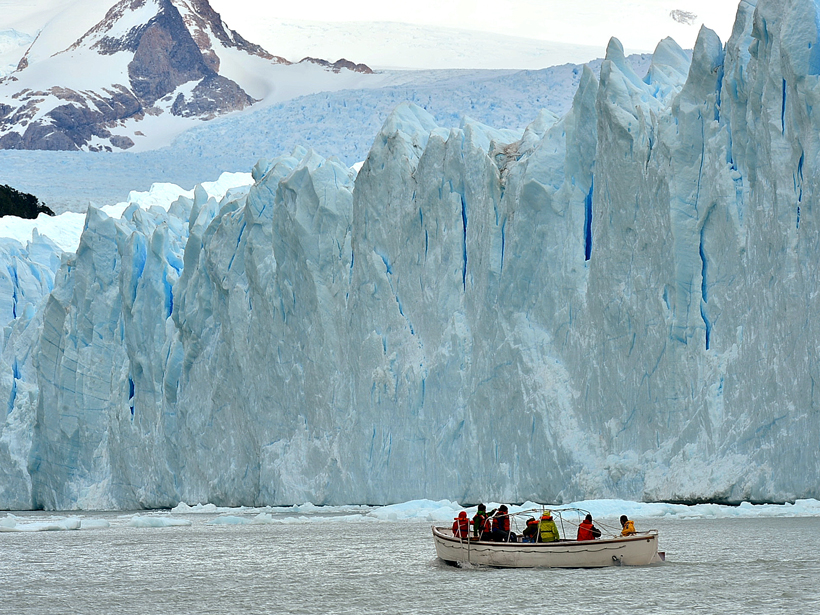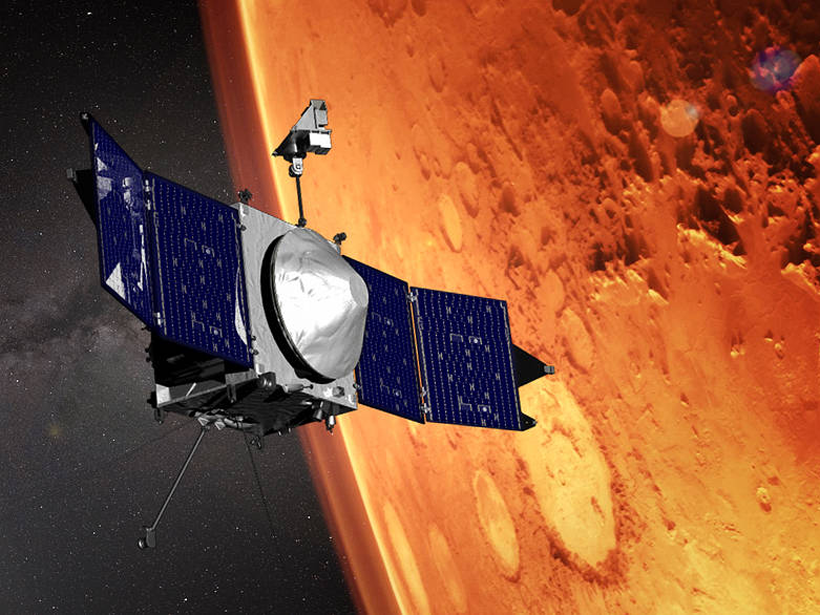Scientists accurately map the shape of the bedrock beneath a glacier using a new technique.
Research Spotlights
Research spotlights are plain-language summaries of recent articles published in AGU’s suite of 24 journals.
Why Is There So Much Carbon Dioxide in Rivers?
Observations of carbon dioxide oversaturation in the freshwater of the world led scientists to study its underlying causes at more than 100 field locations across the nation.
First Detailed Study of Circulation off Angola
New data give scientists insight into the eastern boundary current off Angola, helping them to evaluate and assess why simulations create sea surface temperature biases in the region.
River Plumes near the Equator Have Major Effects on Oceans
Every second, the Congo sends millions of gallons of freshwater deep into the Atlantic, influencing marine plants and wildlife.
Faulty Assumptions Impair Earthquake Hazard Assessment in Italy
Along faults in the Central Apennine Mountains, weather and landslides may cause rock exposure that is mistakenly attributed to earthquakes.
Unraveling the History of the India-Asia Collision
A study of deformed and metamorphosed rocks exposed in Tibet’s Lopu Range suggests that episodes of crustal shortening and extension during the evolution of the Himalaya are related to subduction processes.
In Patagonian Lakes, Glacial Meltwater Lies Low
A new study reveals key differences in ice-water interactions between glaciers that flow into lakes and glaciers that end in the sea.
Autonomous Floats Shed New Light on the Ocean’s Many Hues
Argo float data reveal regional deviations from existing models of the relationship between ocean color and biogeochemistry.
New Explanation for “Meandering” Electrons Orbiting Earth
A new study proposes a simpler theory to explain a class of electrons zipping around Earth, propelled by magnetic explosions.
Spacecraft Returns Its First Data on Martian Solar Irradiance
Scientists demonstrate the capabilities and limitations of the mathematical model used to calculate solar irradiance using measurements from NASA’s Mars Atmosphere and Volatile Evolution (MAVEN).

